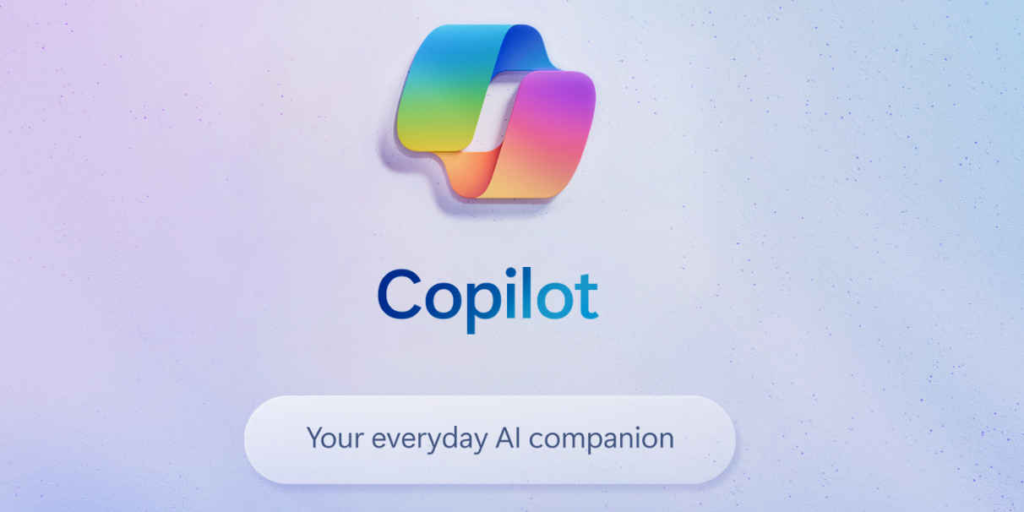Microsoft’s recent decision to integrate Anthropic’s AI models into its Copilot solution signifies a strategic pivot that embraces diverse AI engines as part of its operational framework. Previously anchored predominantly to OpenAI’s technology, Microsoft is now allowing enterprise users access to Anthropic’s Claude models—Opus 4.1 for complex tasks and Sonnet 4 for routine jobs—broadening the solution’s capability spectrum. This move not only enhances Copilot’s versatility but also aligns with a growing business trend where companies diversify their AI and automation partnerships.
In the context of AI and automation platforms, leaders must consider the strengths and weaknesses of different tools available. For instance, OpenAI’s model has been celebrated for its innovation in natural language processing and complex reasoning capabilities. However, it often comes at a premium cost, leading analysts to question the return on investment (ROI) for small to medium-sized businesses (SMBs) that might not fully leverage its advanced functionalities. By contrast, Anthropic’s Claude series presents an alternative that can cater to a diverse range of tasks without necessitating the same level of investment. Opus 4.1 is tailored for intricate requirements such as deep reasoning and system architecture, while Sonnet 4 attends to standard tasks like content generation and data management. This could offer SMBs a more cost-effective pathway to implementing AI solutions based on their unique operational needs.
As both tools evolve, their scalability will be crucial in understanding their long-term viability. OpenAI, with its substantial backing and continuous advancements, may appear more robust now, but Anthropic is not far behind. Anthropic’s commitment to responsible AI aligns well with many corporate ethics frameworks, appealing to businesses prioritizing governance and compliance. In a rapidly advancing tech landscape, organizations must also factor in aspects such as platform compatibility and ease of integration, which can directly impact scalability.
Cost considerations also play a central role. OpenAI commands a premium for its offerings, which can be a limiting factor for many SMBs. On the other hand, Anthropic has strategically positioned itself to not only offer performance but also affordability, making it an attractive option for businesses hesitant to spend extensively on AI without guaranteed results. The flexibility in choosing between models within Copilot could enhance ROI by allowing businesses to match the right tool to the specific task—an essential factor in achieving operational efficiencies.
Furthermore, the growing trend of automation platforms cannot be overlooked. Tools such as Make and Zapier have fundamentally altered how businesses approach automation. Make offers a more visually driven interface, making complex automation easier to visualize and implement. In contrast, Zapier’s straightforward task automation can shine in rapid deployment scenarios. Companies aiming for a seamless transition from manual processes to automated workflows should weigh these attributes against their particular needs for integration, user experience, and cost.
As SMB leaders and automation specialists evaluate these tools, the importance of aligning their choice with business objectives cannot be overemphasized. Placing an emphasis on flexibility, operational efficiency, and ethical considerations while selecting a platform will yield not only immediate benefits but sustainable growth in an evolving tech ecosystem. The collaborative integration between Microsoft and Anthropic demonstrates a broader industry shift toward accommodating varied applications of AI, revealing an emerging landscape that values adaptability and choice.
Therefore, companies looking to invest in AI and automation should prioritize tools that can offer flexibility, a range of functionalities, and ethical alignment while maintaining a close eye on cost-effectiveness. Establishing a strong, diverse foundation will enable organizations to respond proactively to changing market dynamics, enhancing their competitive edge as AI technologies continue to mature.
FlowMind AI Insight: The integration of diverse AI models into existing platforms represents a significant shift in how businesses harness technology. Organizations that adopt a modular approach to AI and automation will not only enhance operational efficiencies but also position themselves strategically to leverage innovations that align with their long-term goals.
Original article: Read here
2025-09-25 05:25:00

